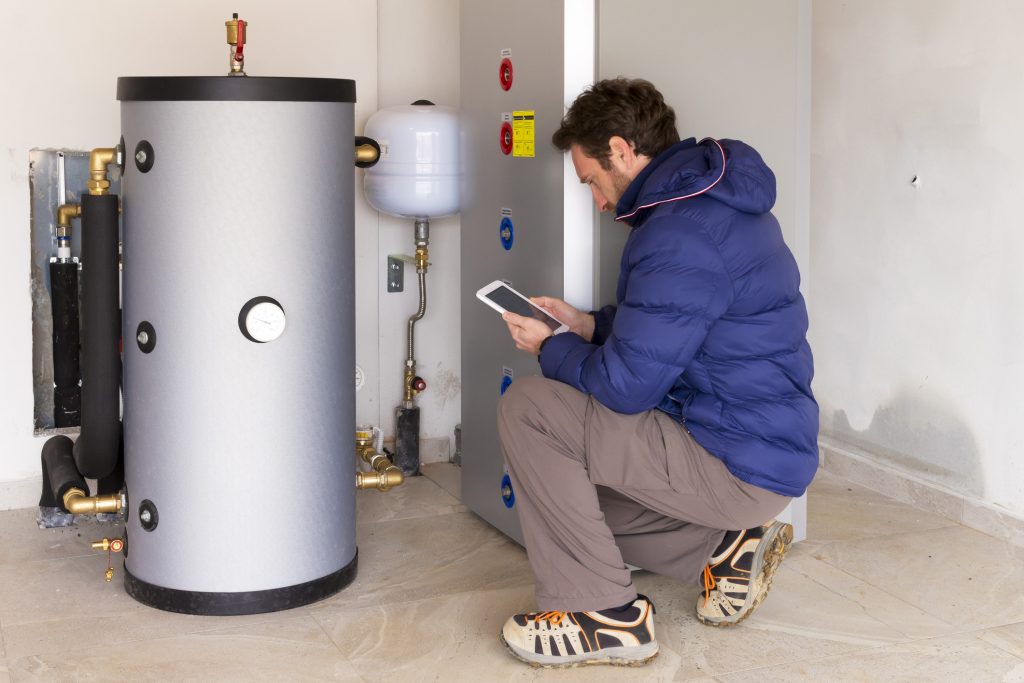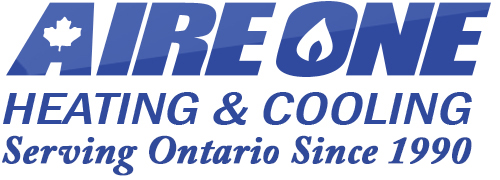
The icy grasp of winter is upon us once again. This is the time of the year when we rely heavily on our boilers to keep our homes warm and comfortable. That’s why it’s imperative to make sure your boiler is running smoothly and continues to work through the cold winter season. If you take the initiative to perform a check-up, you could be setting your boiler for a potential hazard. Here are the top things that can go wrong with boilers, common repairs, and maintenance tips to keep your equipment running effortlessly.
Common Boiler Issues
There are many problems that can arise with your boiler. Some can be simple, such as the pilot light going out or a small leak. But some bigger issues can also transpire. Losing pressure, frozen condensate pipes, strange noises or thermostat malfunctions can all affect the way your boiler works, and could drastically lower the temperature (to freezing) in your home.
Don’t overestimate an older boiler, it’s best to have your boiler inspected annually. The perfect time schedule an inspection is from July to September. You don’t want to wait until the fall or winter just in case you need repairs. However, if you do run into an emergency we provide 24-hour assistance for all boiler repairs.
How to Perform Boiler Repair
If your boiler isn’t working, there are few simple steps you can do before calling a specialized technician:
- If you have no heat, check the circuit breaker to make sure the fuse is still good.
- If your pilot light goes out, follow the instructions on the boiler to relight it.
- Make sure your thermostat is in heat mode. Increase it a few degrees to make sure it comes on.
- Check the boiler pressure on the tridicator. It should be half full and between 12 to 15 PSI. You can adjust this with the pressure-reducing valve on the unit. If your boiler doesn’t have one, open the water-feed valve until the pressure is set to 12 PSI.
- Water leakage is a common problem that can be fixed by checking all connections in the pipes, the pump, and the pressure relief valve. Usually, a new pump seal is all you need.
However, larger technical issues should always be left to professionals! Some common issues you should NOT try to perform include:
- Frozen pipes that are not easily accessible.
- If dripping or leaking continues after you’ve checked all pipe connections.
- A power flush might be needed to clean your central heating system of any built up dust or debris. A power flush should only be conducted by professionals every three to five years. If you use central air in the summer, consider scheduling an appointment more frequently.
- Strange banging, rumbling or gurgling noises could be kittling, which is a build-up of limescale in the heat exchanger. This can be very annoying, but left untreated it can harm your central heating system and higher repair costs in the long run.
Boiler Maintenance and Replacement
It’s important to visually inspect your boiler unit a few times a year to make sure everything is in full working order. Check vents to make sure they’re not blocked, always verify the water level is at manufacturer’s requirements, and that the pilot light is on. Check for any leaks and that all piping is in good working order without any damage.
Keep an eye and ear on your boiler, and stay warm this winter. If your boiler is underperforming you may need to replace your boiler. At Aire One, we have a large selection of high quality boiler units to best fit your home’s needs. A boiler replacement shouldn’t be put off –it is a vital part of a fully functioning home. Contact Aire One for a FREE home consultation!

